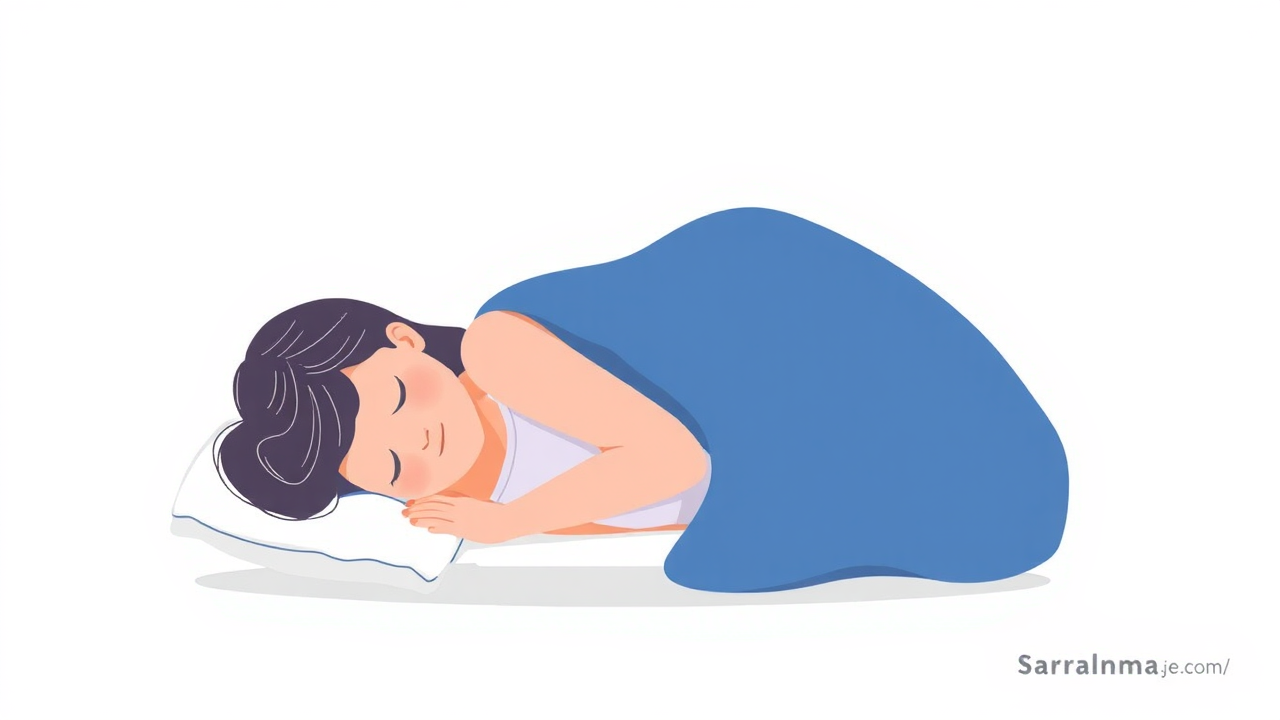Sleep deprivation has become increasingly common in today's busy world. A 2025 sleep statistics report reveals that around one-third of adults globally sleep less than the recommended seven hours each night. Many people sacrifice rest due to work deadlines, screen time, or stress. The immediate consequences include fatigue, difficulty concentrating, and mood disturbances. Dr Neetu Jain, Senior Consultant in Pulmonology, Critical Care and Sleep Medicine at PSRI Hospital, explains the severe effects of sleeping just two hours nightly. The brain and body suffer significantly from such extreme sleep loss. Emotional regulation weakens, decision-making becomes impaired, and visible physical changes like dark circles and weight gain appear quickly. Long-term sleep deprivation poses serious risks including heart disease, diabetes, depression, and cognitive decline. While temporary measures like short naps and hydration can help, they cannot replace proper sleep. Gradually increasing sleep duration and seeking professional help are essential for recovery.

How Severe Sleep Loss Affects the Brain and Body
When a person sleeps only two hours nightly, the brain's ability to function properly becomes severely disrupted. Immediate effects include extreme fatigue, poor concentration, slower reaction times, and increased irritability. The brain struggles to process information efficiently, leading to memory lapses and focus problems. Physically, the body experiences hormonal imbalances with elevated cortisol levels, increasing stress while weakening immunity. Even a single night of extreme sleep loss can impair coordination and judgment similarly to mild alcohol intoxication. Visible signs appear within days, including dull skin due to decreased collagen production and prominent dark circles. Hormonal changes increase hunger hormones while decreasing satiety hormones, leading to overeating and weight fluctuations. Chronic sleep deprivation reduces prefrontal cortex activity, impairing logic and impulse control, while overstimulating the amygdala, making people more emotionally reactive and anxious.
Source: Link
